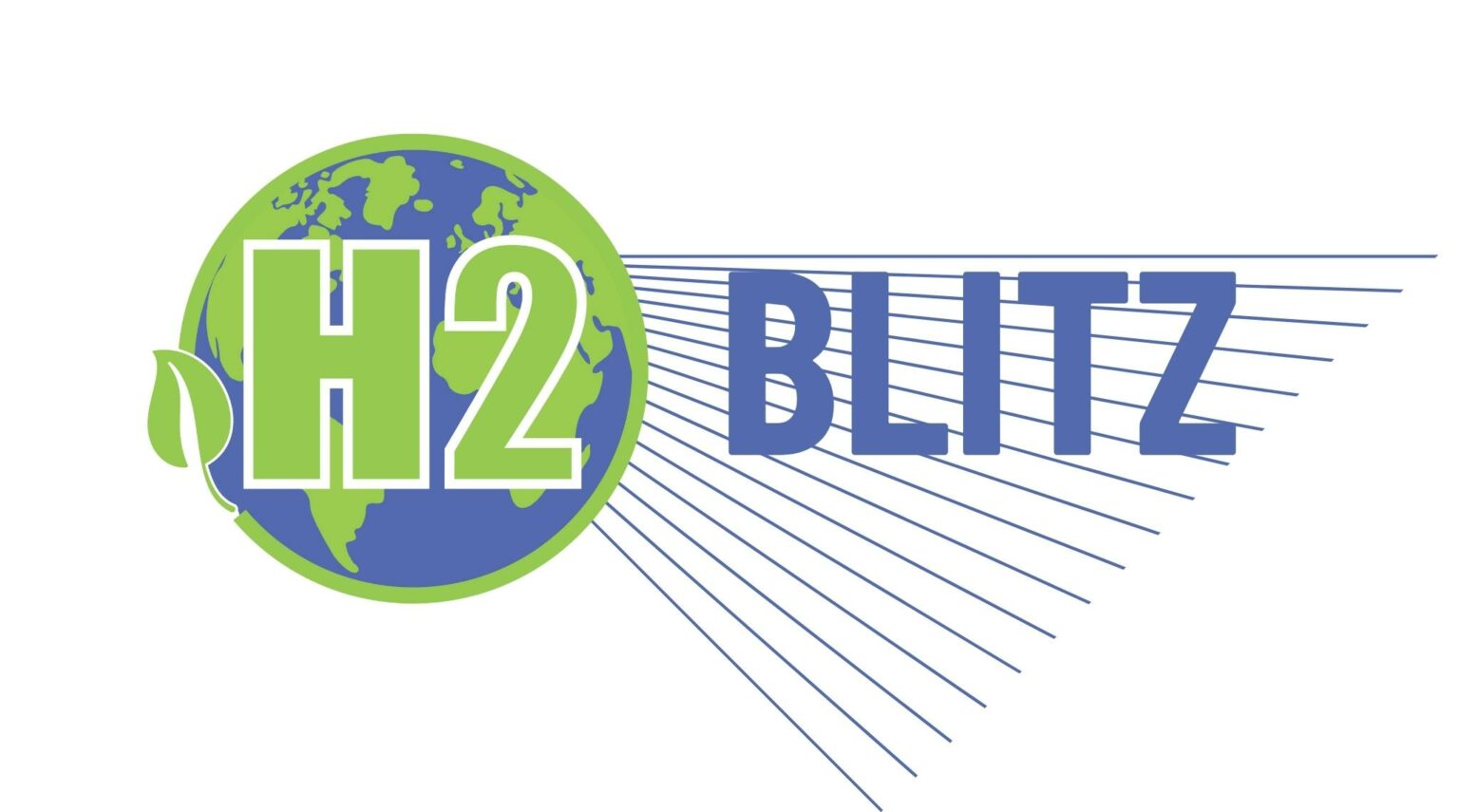IBM and FuelCell Energy team up
IBM and US-based FuelCell Energy have teamed together to use Foundation Models, a type of generative artificial intelligence (AI), to enhance the fuel cell manufacturer’s performance.
As part of this partnership, FuelCell Energy will be able to prolong the life of its fuel cells thanks to the implementation of clever algorithms by IBM.
AFWERX and Piasecki Aircraft Corporation inked multi-year contract
The US Air Force’s Innovation Branch, AFWERX, and Piasecki Aircraft Corporation have inked a multi-year contract worth $37 million.
With this agreement, Piasecki will be able to showcase its hydrogen aerial system (ARES) in flight as part of the Strategic Funding Increase (STRATFI) initiative, which was completed in collaboration with the Air Force Research Laboratory (AFRL).
It is possible to operate this vertical take-off and landing (VTOL) aircraft without a pilot or with one fitted in an add-on module.
Hylane expands fleet with Hyundai
Hyundai, a Korean manufacturer, has just shipped 32 Xcient Fuel Cells to Hylane. The first trucks should arrive for the Cologne-based hydrogen vehicle leasing company in early 2024.
Hylane reported in November that it had acquired 78 fuel cell trucks, 26 of which were under the Iveco brand. While we now know that Hyundai is the manufacturer of 32 additional cars, the source of the other 20 has not yet come to light.
In any event, the German federal government’s KsNI program will once more provide financial support for the acquisition of the vehicles.
TBH2 Aquitaine to look for white hydrogen in France
The government recently gave permission to a business to conduct white, or native, hydrogen research in the Pyrénées-Atlantiques.
It gives TBH2 Aquitaine permission to conduct research on “native hydrogen mines, helium and related substances” throughout a 225 km² territory in the department of Pyrénées-Atlantiques. This is the first permission in France, granted for a term of five years.
Canadian wind-hydrogen project faces delay
Due to the fact that operator World Energy GH2’s European customers require additional time to build specialized infrastructure to handle the product, one of Canada’s first projects to manufacture emissions-free hydrogen using wind energy has been delayed by one year, according to the firm.
The delays highlight the challenges businesses have when launching a new product to replace fuels with significant emissions for homes, businesses, and transportation.
In the windy Atlantic provinces of Newfoundland and Labrador and Nova Scotia, six businesses are pushing wind-powered hydrogen manufacturing, which will be Canada’s first export of emissions-free fuel. A non-binding agreement was reached by Canada in 2022 to begin shipping green hydrogen to Germany in 2025.
First Hydrogen and EV Technologies developing batteries for hydrogen powered FCEVs
First Hydrogen and EV Technologies have inked a term sheet for the development of a cutting-edge, high-power small battery made especially for hydrogen-powered fuel cell cars. The first task for Hydrogen and EVT will be to draft a commercial partnership agreement that specifies the financial and technical criteria. All intellectual property created during and related to the cooperation will belong to First Hydrogen and will only be utilized to produce the Battery.
The technical team of the company, along with its automotive partners, has concluded that the new battery system under development would enhance the efficiency and performance of the company’s hydrogen-powered fuel cell vehicles (FCEVs). For the market of hydrogen-powered vehicles, the new battery design will work with the hydrogen fuel cell (FCEV).
BMW’s “world tour” collects feedback on iX5 Hydrogen pilot car
The goal of BMW of North America’s “world tour” is to educate potential stakeholders and collect feedback on the iX5 Hydrogen pilot car.
During the BMW “Test Fest” event, the test cars were driven by a number of journalists every day. At BMW’s adjacent facility in Spartanburg, South Carolina, the test cars were refueled every evening.
According to Jurgen Güldner, general program manager for hydrogen technology, the manufacturer built a pilot fleet of 100 vehicles, including the two iX5s, to test performance under real-world circumstances.
